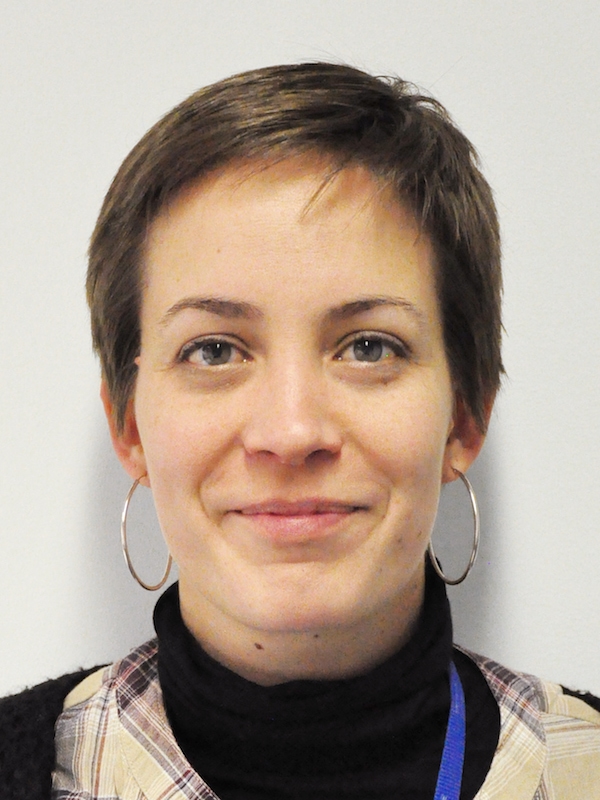Sophie Helaine

Institution
- Harvard Medical School, Department of Microbiology
PhD Program Affiliations
- Biological and Biomedical Sciences
- Chemical Biology
Research Description
Bacterial pathogens cause many diseases in humans and are frequently well controlled by treatment with antibiotics. However, antibiotics are increasingly becoming inefficient. In addition to the well-documented cases of antibiotic resistance, persistence, characterised by relapsing infections following antibiotic treatment, is a major problem. It has been discovered recently that for many bacterial species, a proportion of bacterial cells grown in laboratory medium can enter a dormant-like state in which they are not affected by antibiotics. These bacteria are called persisters. It is thought that eventually (sometimes decades after antibiotic treatment), persisters can resume growth, accounting for relapses of infection. Salmonella is the causative agent of various diseases, ranging from gastro-enteritis to typhoid fever. We have recently discovered that upon infection of host cells, there is a dramatic increase in the proportion of the Salmonella population that forms persisters. A family of genes, named Toxin/Antitoxin modules, is known to be involved in the formation of persisters in a non-pathogenic bacterial species, but almost nothing is known about these genes in pathogenic bacteria like Salmonella. We investigate their function, particularly in relation to persistence of Salmonellato antibiotics during infection. Understanding mechanisms of action of such genes could provide ways to prevent bacteria from becoming persisters, or force them out of that state so they become re-sensitised to antibiotics.